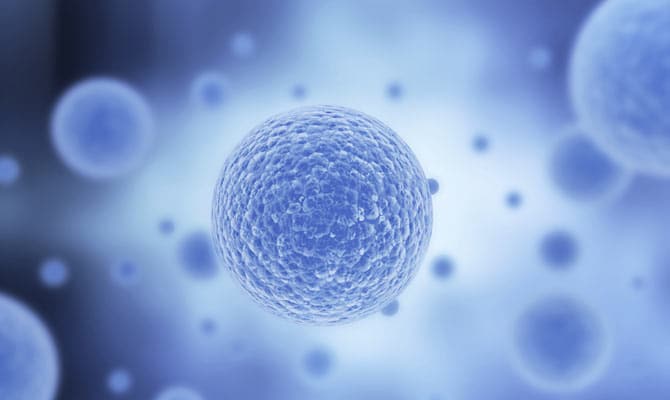Zygotes are single cell that is generated after the egg has been fertilized by the sperm. The zygote then merges chromosomes from both of the gametes. After which, several divisions will take place for the production of embryonic cells at roughly four days after fertilization. The zygote stage lasts for only about 4 days in total. On and around the 5th day, the cell mass of become known as blastocysts.
The Zygote: The Origin of Life
The zygote serves as the starting point for all complex life forms with sexual reproduction. It is formed when a sperm cell from the male fuses with an egg cell from the female during the process of fertilization. This single cell is the genesis of every cell in an organism, making it a focal point of interest in both developmental biology and regenerative medicine.
Characteristics of the Zygote
- Totipotency: The zygote is a totipotent cell, meaning it has the ability to give rise to all cell types, including extra-embryonic tissues like the placenta.
- Genetic Uniqueness: The zygote contains a unique combination of genetic material from both parents, resulting in an organism with a distinct genetic identity.
- Rapid Division: Soon after its formation, the zygote undergoes a series of rapid cell divisions, called cleavage, to form a multicellular embryo.
Role in Development
- Embryogenesis: The zygote divides and differentiates through various stages to form a multicellular organism. The process includes gastrulation, neurulation, and organogenesis, culminating in a fully formed individual.
- Epigenetic Regulation: The zygote is the first site of epigenetic regulation, which helps guide the developmental pathways of subsequent cells.
Significance in Stem Cell Research and Medicine
- Regenerative Medicine: Understanding the mechanisms by which the zygote develops into a full organism provides insights that are critical for stem cell therapies and tissue engineering.
- Fertility Treatments: Techniques like In Vitro Fertilization (IVF) manipulate zygotes to assist in reproduction.
- Genetic Studies: The zygote is also critical in genetic and developmental research, offering a window into processes like gene regulation, chromosomal inheritance, and developmental cues.
Ethical Considerations & Future Uses
- Human Embryonic Research: Because the zygote is the first stage of human life, there are ethical implications concerning its use in research or treatments that could potentially destroy it.
- Genetic Modification: Techniques like CRISPR allow for the genetic modification of zygotes, raising ethical and safety concerns about potential misuse or unforeseen consequences.
- Gene Editing for Disease Prevention: Future research may focus on editing the zygote’s genome to eliminate inheritable diseases, although this area is fraught with ethical challenges.
- Improving Fertility Treatments: Continued studies on zygote formation and development can lead to more effective and safer fertility treatments.
The zygote is the cornerstone of developmental biology and has significant implications in various fields like regenerative medicine, fertility treatments, and genetic research. Understanding its characteristics, role in development, and potential applications can offer valuable insights into both the origins of life and the treatment of various medical conditions.

